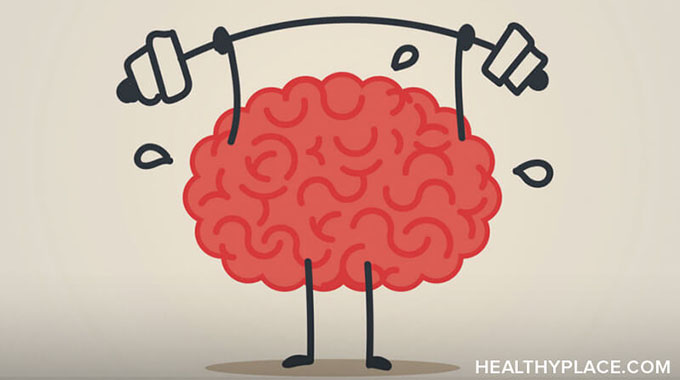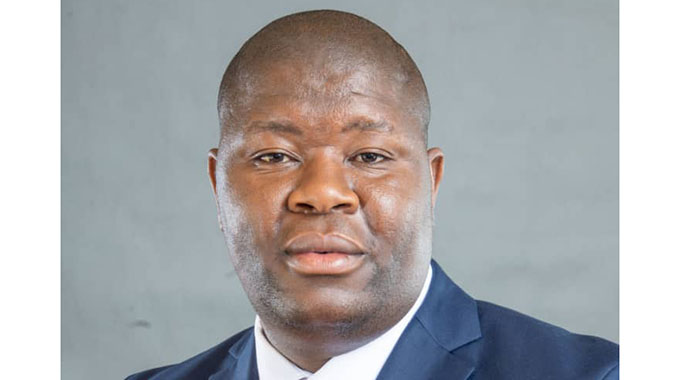Grief and mental well-being

Dr Chido Rwafa-Madzvamuse Mental Health
As discussed in previous articles, mental health is defined as a state of well-being in which an individual realises his or her own potential, can cope with the normal stresses of life, can work productively and fruitfully, and is able to make a meaningful contribution to their community.
Grief is a natural response to loss
Loss emanates in many forms but in whichever form it comes to us, we feel the pain because of our love and attachment to that which we have lost. Loss comes with many questions and with many emotions and can affect our mental well-being.
Grief commonly occurs due to death, however, there are a range of losses that can also trigger the process and emotions of grief including:
- Loss through death: We grieve a loss through death because we love and are attached emotionally to the one who has passed. Though most of us are aware that death is an inevitable part of our lives, it is still a challenging process each time someone we love dies. We never get used to it. Some deaths such as loss of a pregnancy, stillbirths and loss of a child, sudden deaths, violent deaths can be complicated losses to bear.
- Relationship changes and estrangement: Loss of a relationship, of a marriage and changes in the nature of a relationship also trigger a grieving process.
Again, we grieve because we have loved, we have lived a life together, shared a life, shared dreams and aspirations.
The changes that result from a separation or divorce can cause us to grieve as we have to detach from someone we have been bonded to emotionally and psychologically.
Changes in relationships can also occur when our children have grown and now leave our homes or marry and start their own families.
This, though a joyous moment, can be bitter-sweet as we learn to transition into a different way of loving and caring for them.
- Changes in sense of purpose and identity: Changes in job status, loss of employment, change in the nature of the work you do, changes in work structure such as having to work from home or having to transition back to the office can also trigger a grief process.
Transition phases such as finishing school and retirement can also trigger grieving. Significant financial loss, damage of a home and other significant property can result in loss of security and we will grieve over such matters as well.
- Changes in health: Severe, life-threatening or debilitating illness or injury in ourselves or our family or friends can cause us to grieve. Facing our own terminal illness maybe one of the most challenging grief processes we may have to face.
- Facing one’s own death: Some of us may have the opportunity to prepare for our own deaths, we may have a chronic or terminal illness or we may be in our old age and start to anticipate the end of our lives. This can be difficult. Facing ourselves, we may reflect on the journey we have travelled in our lives, making amends, seeking and finding peace and contentment that it is well; that our lives have had some meaning and purpose and if not, making peace with that too. It is a journey of letting go.
While nothing about the death of a loved one is normal, grief is essentially a normal human reaction to our loss. It is essential that we realise that grief is a process and not a destination.
It is a journey, a process that can take months or years. Grief often involves an acute phase of grief which then eases into a more integrated phase of grief or abiding grief.
Acute grief comes with a range of emotions including:
- Numbness: In the immediate aftermath of a significant loss we may feel shocked, numb and be in some state of disbelief about what has just happened. This mental numbing is often our mind’s way of protecting us from the excruciating pain of losing someone we love. We may feel dissociated from reality and disoriented.
- Sadness: The intense pain of grief often comes with a deep sense of sadness and despair. As memories and thoughts about the deceased flood our minds we may start to realise the gravity of our loss. We may cry and we may feel like our grief is inconsolable. We may even be so in despair that we may think that we want to die too.
- Anger and frustration: Mixed with the sadness we may get angry at ourselves, at the person who has died, at others, often those involved in medical care of our loved one, at our families, friends, at God. We may feel cheated, abandoned, betrayed. Loss often feels unjust, unkind and cruel.
- Fear and anxiety: Loss always comes with change and the uncertainty of change can bring about much fear and anxiety. Fear of the unknown, fear of having to live without our loved one. Death, in particular, often makes us aware of our own mortality and the fear of our own death may loom over us.
- Regret and guilt: We may feel guilty, over care or protection we could have provided prior to the death, over words said or left unsaid, what we should have or would have, or could have done. We may mull over our last conversations, last words, last actions.
Whatever emotions you may be experiencing, remember all feelings are valid. You may feel like this is a new and strange experience, you may feel misunderstood and out of step with others, but this is still very much a part of our natural response to our loss.
Eventually, the intense pain of acute grief gives way to abiding grief which is less intense.
The memories and longing for the deceased still exists but they are less overwhelming as we learn to integrate our grieving for the dead into our continued living.
As we work through our grief, it can help to:
- Participate in any final rites and rituals that help in accepting and adjusting to the reality of the loss
- Learn to acknowledge and express how we feel with trusted friends and family.
- Learn the art of grieving and living at the same time, alternating between “loss” activities like crying, looking at old photos and “restorative” activities like making plans for the future and spending time with others.
- Remain connected with others around you. Strong relationships are psychologically protective and it is important to allow yourself to be vulnerable to a few close people as you grieve and to allow those people to see your pain. In the end, it is relationships that heal us.
- Find meaning and purpose beyond our loss. We do not die with our loved ones, as we mourn for the dead, let us not give up on living for those still living.
Death will bring about many questions about the meaning of life and what is really important in life. We need to face these questions courageously and without shame.
Death wakes us up from our “normal” lives and shakes our beliefs and value systems. It always changes us but that does not need to be a negative thing. How has your grief changed the story of your life, the narrative of, the purpose and meaning of your life? If you think that you or someone you know may be struggling with dealing with grief, please contact your nearest health care provider and get help.
l Association of Health Care Funders of Zimbabwe (AHFoZ) article written by Dr Chido Rwafa Madzvamutse, Consultant Psychiatrist. Feedback 263714987729; www.ahfoz.org ; [email protected])










Comments